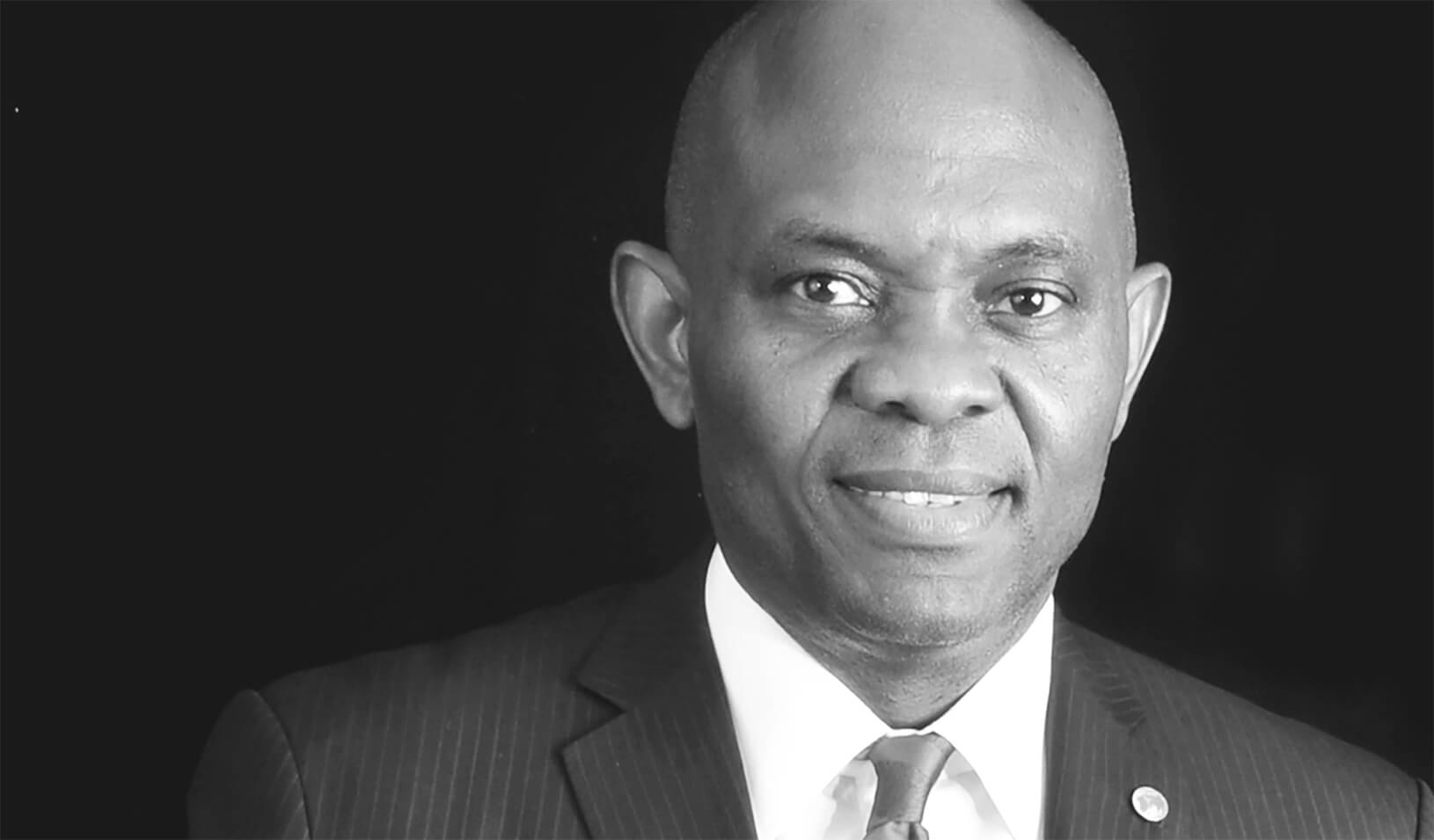If you want to run a business, forget about what’s in your wallet. The chief executive of Capital One Financial Corp. wants to know what’s in your heart.
Successful CEOs have passion for what they’re doing and the courage to be bold, Richard Fairbank told a standing-room-only crowd November 8, speaking as part of the student-sponsored “View From The Top” series at Stanford GSB.
“It has to be a labor of love,” said Fairbank, MBA ‘81, “and you have to define success on your own terms.”
As an undergraduate at Stanford, Fairbank knew he wanted to work with children, so he ended up founding a swimming school. His education and career eventually headed in a different direction, but he still works with children every day: And he has eight kids.
Fairbank, the founder, chairman, and CEO, described how the company that evolved into Capital One struggled to find a bank that would accept his concept of offering a variety of credit card plans to a much wider audience, rather than the one-size-fits-all— — at 19.8 percent interest— — plans offered by virtually all the competition in the mid-1980s. But with each rejection, he gained more insight into why the banks didn’t want to do it, and how his company could make it work.
Finally, Fairbank found acceptance from Signet Bank in Virginia. But customers weren’t ready. “It took four years of near-death experiences to have our first success,” Fairbank recalled.
The breakthrough came from the now-common idea of offering customers a low interest rate to transfer their balances from other credit cards. By 1994, Fairbank’s enterprise had grown so large that Signet decided to spin it off, offering Fairbank the job as CEO. He wasn’t sure the job was a good fit.
“Don’t take a job because it would look great on your resume,” said Fairbank, who received the Business School’s 2006 Excellence in Leadership Award. “The resume that really matters is the one between your two ears.”
When he told his wife, Chris, about the offer, she cried — and not out of joy — saying: “I am afraid that in the context of a public company, they are going to change who you are.”
This is the same woman who told Fairbank “you grossed me out” during graduate school when she saw him getting too enthused about a prestigious company that wouldn’t be a good career fit. “You are taking the standards of your peers and chasing those,” he recalls her saying. He listened then, and he listened in 1994. They made a pact: If she saw him changing, she could have him quit. Immediately.
Another key lesson in leadership came during the years he worked with children, seeing how they would give him and other children authentic feedback, rather than playing politics. Good leaders, said Fairbank, not only have to be bold to get people enthused about the company’s goals, they have to be themselves.
“Nobody wants to work for a phony,” he said.
When he was a consultant in the 1980s, Fairbank promised his wife he would spend an average of 2½ hours a night with the children. That led to an unusual strategy. Until the children were in kindergarten, they would stay up until midnight, getting plenty of time with Dad after he got home from work. They could catch up on sleep in the morning, and then go to preschool in the afternoon.
The morning of his Stanford speech, his now-12-year-old daughter left Fairbank a note, wishing him good luck and expressing a great deal of daughterly pride.
“That,” Fairbank said, his voice breaking for an instant, “so much reminds me what it’s all about.”
For media inquiries, visit the Newsroom.






